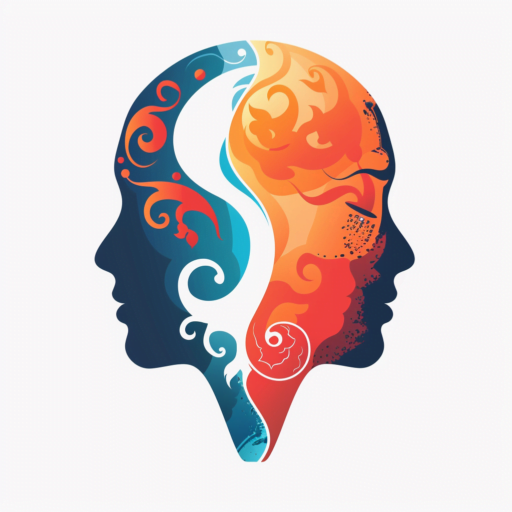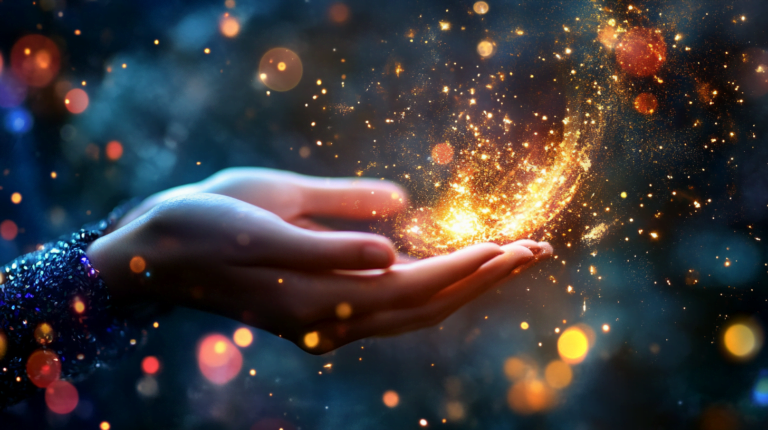Book Appointment Now
What Are Good Luck Numbers?
Discover the captivating world of good luck numbers and their cultural significance. Explore common lucky numbers like 7, 8, and 3, their meanings across traditions, and ways to incorporate them into your life through numerology, Feng Shui, and rituals. Unravel the psychological factors behind these beliefs.
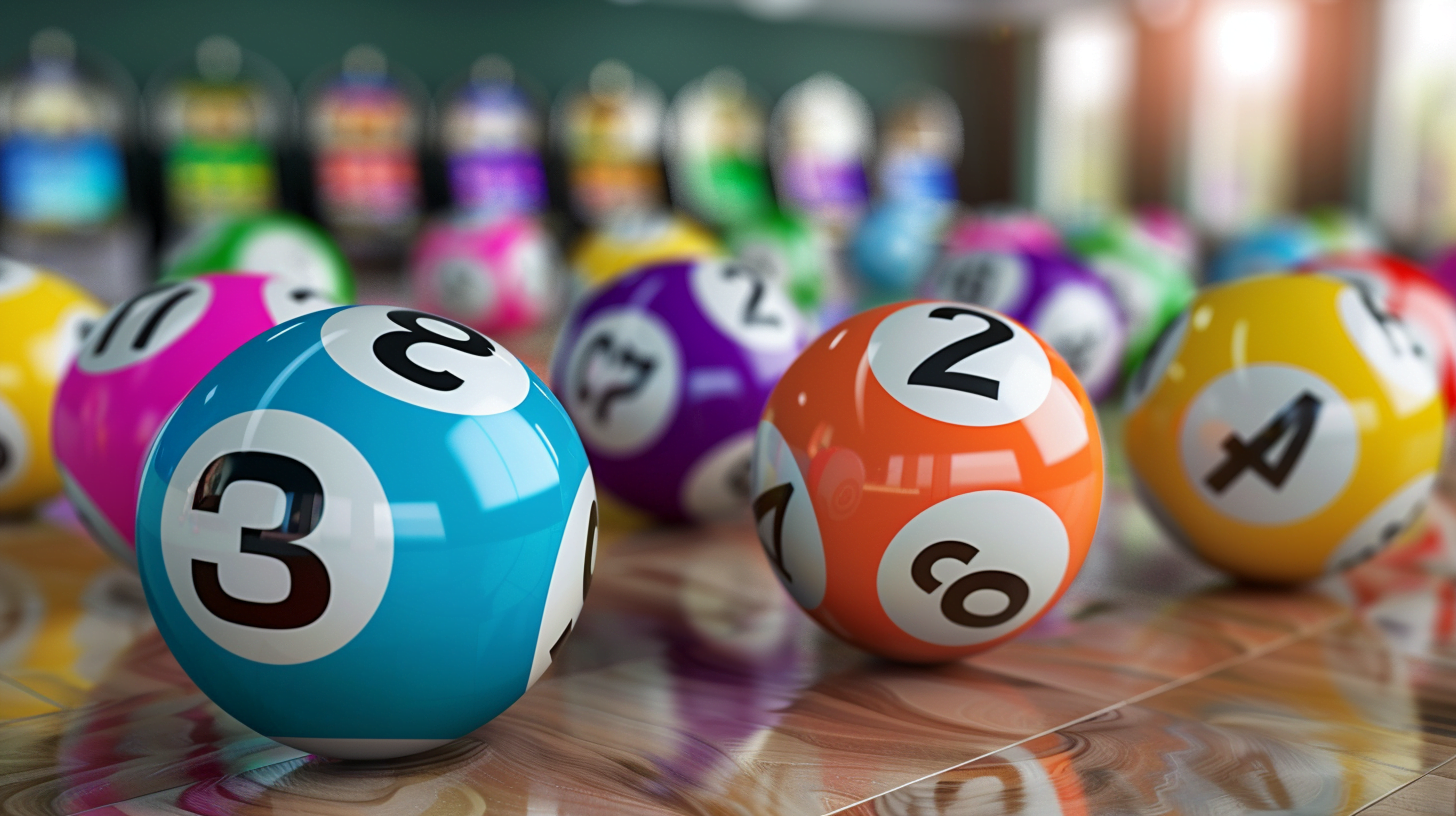
Have you ever felt a surge of excitement when your favorite number appears, believing it to be a sign of good fortune? The belief in lucky numbers has captivated people across cultures and eras, with many attributing their successes and fortunes to these mystical digits. In this comprehensive guide, we’ll delve into the fascinating realm of good luck numbers, exploring their origins, cultural significance, and the various beliefs and practices surrounding them.
The Origins of Lucky Number Beliefs
Ancient Civilizations and Numerology
The concept of lucky numbers can be traced back to ancient civilizations, where numerology – the study of the mystical or esoteric relationship between numbers and life – played a significant role. In Babylonian culture, for instance, the number 7 was considered sacred and associated with the gods. The ancient Greeks believed that certain numbers held cosmic significance, with Pythagoras and his followers attributing profound meanings to numbers like 3, 4, and 10.
Similarly, in Chinese culture, numerology has been deeply ingrained for centuries. The Chinese believed that numbers carried inherent energies and meanings, influencing various aspects of life, from personal relationships to business ventures.
Cultural and Religious Influences
Different cultures and religions have their own unique interpretations of lucky numbers, often rooted in their belief systems and traditions. In Hinduism, for example, the number 9 is considered auspicious and associated with the divine. In Christianity, the number 3 holds great significance, representing the Holy Trinity.
Islam, on the other hand, places emphasis on numbers like 5 and 7, which are believed to bring blessings and protection. The number 5 represents the five pillars of Islam, while 7 is associated with the seven heavens and the seven days of creation.
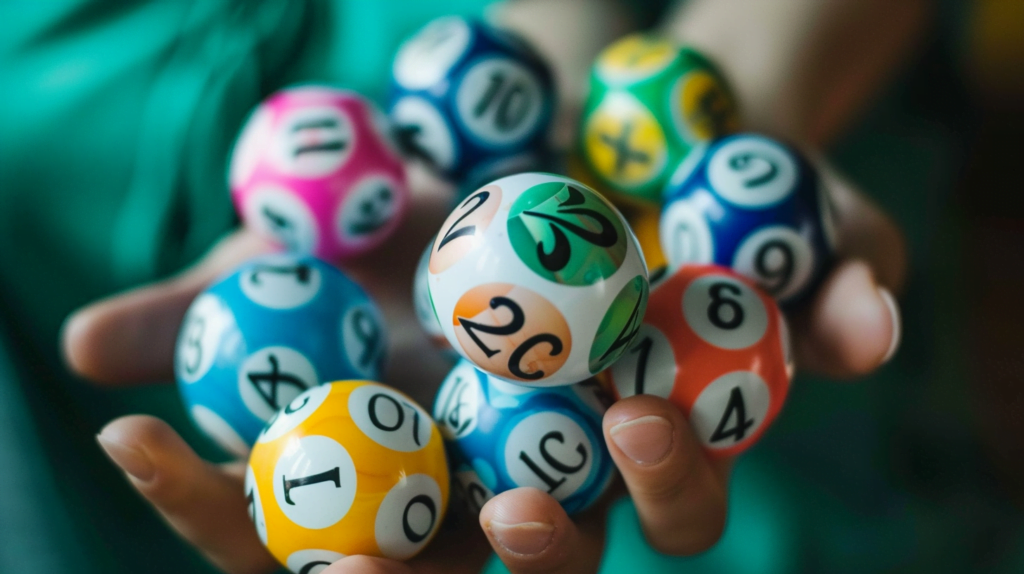
Common Good Luck Numbers and Their Meanings
While the significance of lucky numbers varies across cultures, some numbers have gained widespread recognition for their perceived auspicious qualities.
Number 7
The number 7 is perhaps one of the most universally recognized lucky numbers. In the Bible, it is mentioned numerous times and is associated with concepts like completeness, perfection, and spiritual awakening. In ancient Egyptian beliefs, the number 7 was linked to eternal life and the cycle of rebirth.
Number 8
In Chinese and East Asian cultures, the number 8 is considered exceptionally lucky. Its pronunciation in Chinese (ba) is similar to the word for “prosperity” or “wealth,” making it a symbol of abundance and financial success. The number 8 is also associated with concepts like infinity, balance, and harmony.
Number 3
The number 3 holds significance in both Western and Eastern traditions. In Christianity, it represents the Holy Trinity – the Father, the Son, and the Holy Spirit. In Chinese philosophy, the number 3 is linked to the yin-yang concept, representing the balance and harmony between opposing forces.
Other Notable Lucky Numbers
While the numbers 7, 8, and 3 are among the most widely recognized lucky numbers, there are several others that hold special meanings in various cultures:
- 4: Considered lucky in Chinese culture, as the pronunciation of the word is similar to the word for “death,” symbolizing the ability to overcome challenges.
- 9: In Hindu tradition, the number 9 is associated with the divine and is believed to bring good fortune.
- 13: While often considered unlucky in Western cultures, the number 13 is seen as a lucky number in some Italian and Hispanic communities.
Incorporating Lucky Numbers into Daily Life
For those who believe in the power of lucky numbers, there are various ways to incorporate them into daily life, from personal rituals to practical applications.
Numerology and Personal Lucky Numbers
Numerology offers a way to calculate personal lucky numbers based on an individual’s birth date or name. By assigning numerical values to letters and performing specific calculations, numerologists can determine a person’s “life path number” or “destiny number,” which are believed to hold special significance.
Many people use their personal lucky numbers as guidance for decision-making, goal-setting, or manifesting desires. For example, some may choose to schedule important events or make major purchases on dates that correspond with their lucky numbers.
Feng Shui and Lucky Number Placements
Feng Shui, the ancient Chinese practice of harmonizing environments, places great emphasis on the strategic placement of lucky numbers. According to Feng Shui principles, incorporating lucky numbers into home decor, addresses, license plates, or even phone numbers can attract positive energy and prosperity.
For instance, the number 8 is often prominently displayed in Feng Shui designs, as it is believed to attract wealth and abundance. Similarly, the number 9 is associated with longevity and is commonly used in addresses or phone numbers.
Lucky Number Rituals and Practices
Across various cultures, there are numerous rituals and practices involving lucky numbers. In some traditions, people carry lucky coins or charms engraved with auspicious numbers, believing they will bring good fortune and protection.
In Chinese culture, it is common to gift money in red envelopes containing lucky number combinations, particularly during celebrations like the Lunar New Year. Similarly, in Hindu traditions, certain numbers are considered auspicious for specific occasions, such as weddings or business ventures.
The Science Behind Lucky Number Beliefs
While the belief in lucky numbers is deeply rooted in cultural and spiritual traditions, there are also psychological and cognitive factors that contribute to these beliefs.
Psychological and Cognitive Factors
From a psychological perspective, the concept of lucky numbers can be attributed to various cognitive biases and principles. Confirmation bias, for instance, plays a significant role – people tend to selectively notice and remember instances where their lucky numbers seem to bring positive outcomes, while ignoring or dismissing instances where they do not.
Selective perception and the human tendency to seek patterns and meaning in random events also contribute to the perpetuation of lucky number beliefs. Our brains are wired to find patterns and assign significance, even when there may be no actual correlation.
Statistical Perspectives
From a statistical standpoint, the belief in lucky numbers can be seen as a manifestation of the human desire to find order and control in a world governed by randomness and probability. While certain numbers may appear more frequently in certain contexts, the likelihood of any particular number being “lucky” is purely a matter of chance.
Statisticians and mathematicians have long debunked the notion that specific numbers can influence outcomes or bring good fortune. Random events, such as lottery draws or dice rolls, are governed by the laws of probability, and no single number holds any inherent advantage over others.
However, it is important to note that the belief in lucky numbers is not necessarily incompatible with scientific reasoning. Many individuals who hold these beliefs acknowledge the role of chance and probability but find comfort and motivation in the symbolic and cultural significance of lucky numbers.
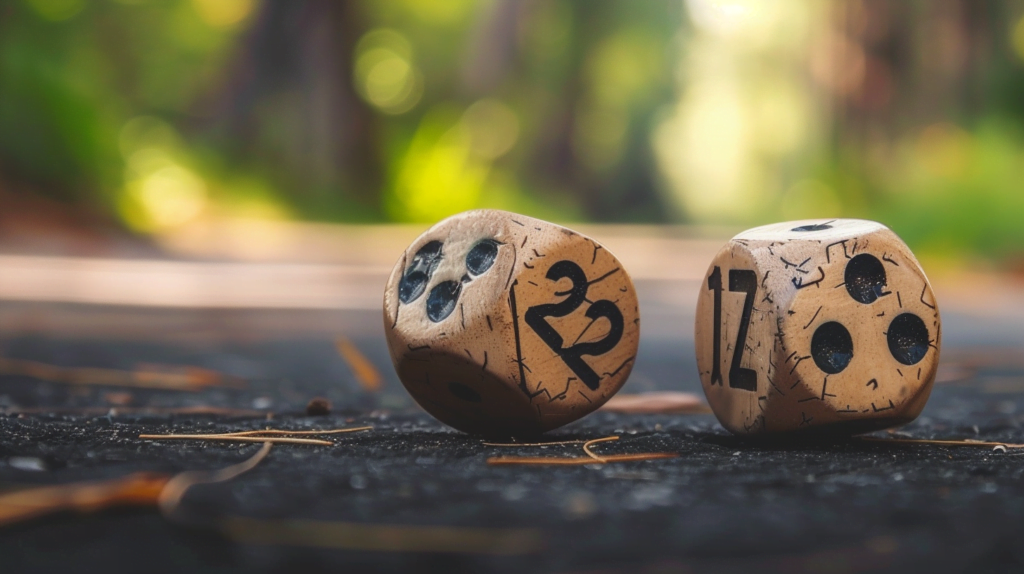
Real-Life Stories and Anecdotes
Despite the scientific explanations, the belief in lucky numbers remains deeply ingrained in many cultures and personal experiences. Here are a few real-life stories and anecdotes that illustrate the enduring fascination with good luck numbers:
“I always carry a lucky coin with the number 7 engraved on it. It’s been with me through some of the most significant moments in my life, and I can’t help but feel that it has brought me good fortune.” – Sarah, a successful entrepreneur
“In my family, we have a tradition of gifting red envelopes with lucky number combinations during the Lunar New Year. It’s a way to wish each other prosperity and good luck for the coming year.” – Ling, a Chinese-American artist
“I’ll never forget the day I won the lottery. The winning numbers were a combination of my birth date and my lucky number, 3. It was a life-changing moment, and I can’t help but attribute some of that luck to the significance of that number in my life.” – Juan, a lottery winner
These anecdotes highlight the personal and cultural significance of lucky numbers, even in the face of statistical probabilities and scientific explanations.
Conclusion
The belief in good luck numbers is a fascinating phenomenon that has captivated people across cultures and eras. From ancient civilizations to modern-day superstitions, these mystical digits have been imbued with symbolic meanings, cultural significance, and the promise of good fortune.
While the origins of lucky number beliefs can be traced back to numerology and ancient traditions, their enduring popularity is a testament to the human desire for control, meaning, and a sense of connection to something greater than ourselves.
Whether you embrace lucky numbers wholeheartedly or approach them with a more skeptical mindset, there is no denying the enduring fascination and cultural richness surrounding these auspicious digits. So, the next time you encounter your lucky number, take a moment to appreciate the rich tapestry of beliefs and traditions that have woven their way into our collective consciousness.
